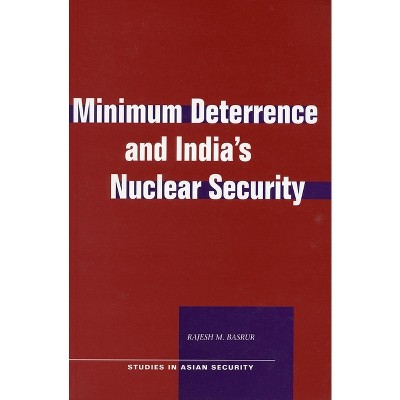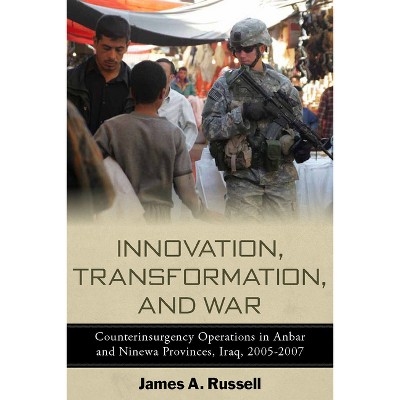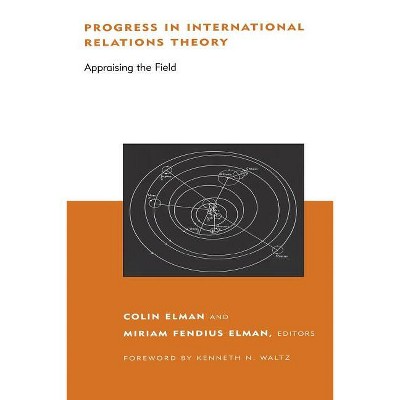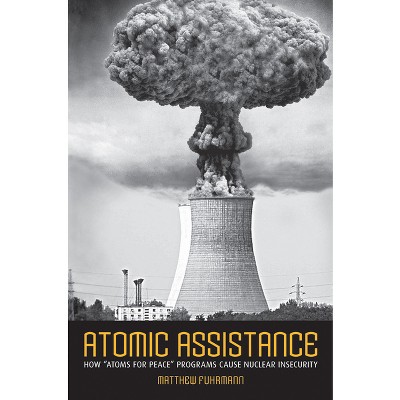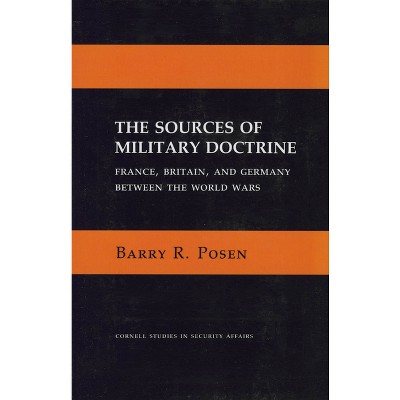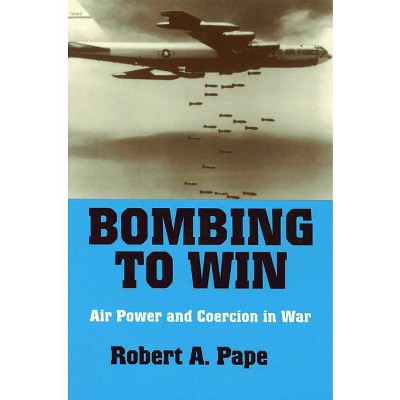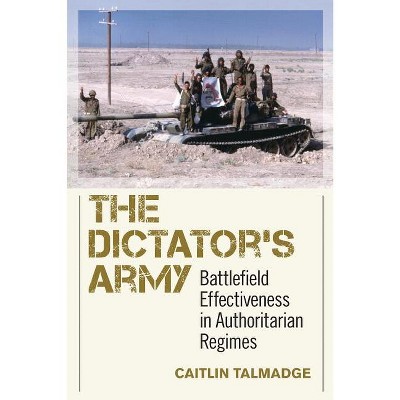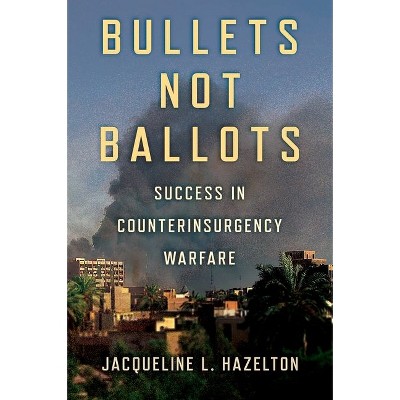Innovation and the Arms Race - (Cornell Studies in Security Affairs) by Matthew Evangelista (Paperback)

About this item
Highlights
- Innovation and the Arms Race investigates the causes and mechanisms of the "technological arms race" between the United States and the Soviet Union.
- About the Author: MMatthew Evangelista is President White Professor of History and Political Science in the Department of Government at Cornell University.
- 320 Pages
- Technology, Military Science
- Series Name: Cornell Studies in Security Affairs
Description
Book Synopsis
Innovation and the Arms Race investigates the causes and mechanisms of the "technological arms race" between the United States and the Soviet Union. Challenging the commonly held notion that Soviet weapons innovation processes simply mirror those of the United States, Matthew Evangelista shows that the United States usually leads in introducing new military technology, while the Soviets typically react to American initiatives.
Evangelista bases his study of pivotal nuclear weapons development decisions on a variety of US and USSR primary sources, including the memoirs of weapons designers and scientists, declassified intelligence analyses, Soviet Academy of Science documents, and Nikita Khruschev's taped reminiscences. He finds that in the United States, impetus for innovation comes "from the bottom" at the initiative of corporate or government researchers and military officials, whereas the centralized Soviet system produces innovations "from the top" in response to foreign developments. A revelatory analysis of US military policy, Soviet-American relations, and weaponry development, Innovation and the Arms Race bears lessons for the study of great power competition and military innovation today.
Review Quotes
'Technology fuels the arms race' is one of the unexamined maxims of foreign affairs. This interesting book is an effort at remedy.
-- "Foreign Affairs"A major addition to the literature on US-Soviet relations, to the history of the strategic interaction of the two states, and to our understanding of the arms race.
-- "The American Political Science Review"Evangelista has produced a thoroughly researched book and certainly sheds new light on a subject that begged closer inspection.
-- "Soviet Studies"Evangelista has produced a very successful blend of history, political science, and policy analysis. This book is an important contribution to our understanding of the arms race and will make profitable reading for a very wide array of scholars.
-- "Isis"Evangelista has provided a sophisticated comparative analytical framework which makes sense of the superpower arms competition in a way that past theories could never achieve. To anyone interested in national or international security affairs, this book can be most highly recommended.
-- "Millennium"Evangelista makes a careful comparative analysis of the process of innovation in military technology in the United States and the Soviet Union. He convincingly shows how misleading is the common assumption that this process is similar on both sides.
-- "International Affairs"Evangelista offers a provocative study and a fine scholarly history of one episode in the nuclear age.
-- "Science"Evangelista provides a new framework to analyze US and Soviet innovations in weapons technology. Thoroughly researched and highly recommended for academic audiences.
-- "Library Journal"Evangelista's account of the weapons innovation process is consistent, in general terms, with the best modern scholarship.
-- "International Security"About the Author
MMatthew Evangelista is President White Professor of History and Political Science in the Department of Government at Cornell University.
